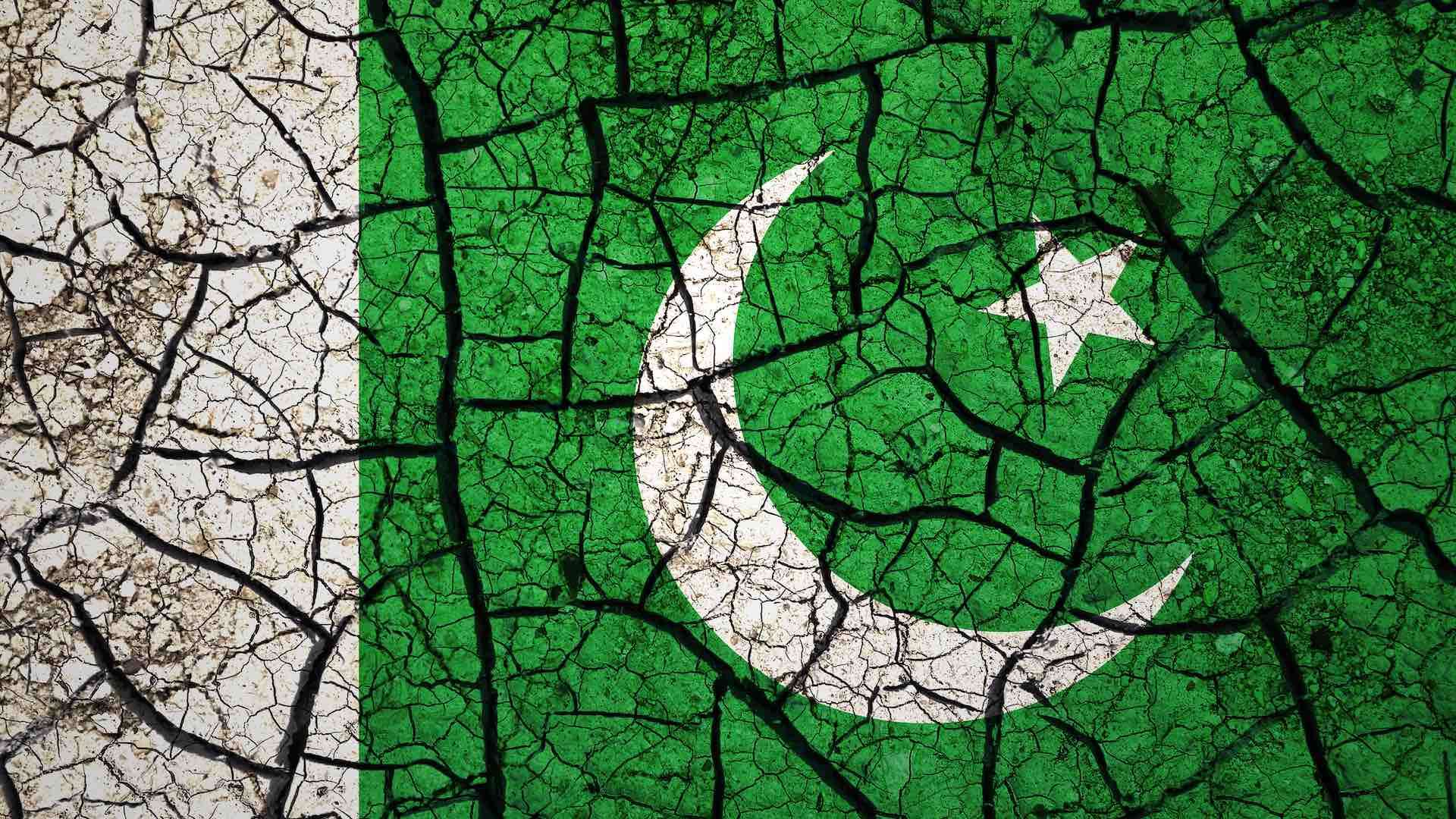Pakistani businessmen are warning the government that if the import levy is not lifted, millions will lose their jobs. They are urging the administration to allow materials stuck at the Karachi port into the country. Steel, textile, and pharmaceutical industries have largely shut down, causing thousands of factories to close, which has deepened the unemployment problem and worsened the Pakistan economic crisis.

There is a shortage of scrap metal in Pakistan, which is melted down and turned into steel bars, which is causing supply-chain issues. In recent weeks, these bars have reached record prices. Over $150 million of steel imports are imported each month into Pakistan. Pakistan’s foreign exchange reserves have fallen to $2.9 billion, which isn’t enough to cover imports for three weeks, according to the Reserve Bank of Pakistan.
Years of financial mismanagement and political instability have severely damaged the Pakistani economy. Global energy crises and floods have exacerbated the situation. The Pakistani manufacturing industry has been decimated by a severe shortage of raw materials, record levels of inflation, all-time high fuel costs, and the collapse of the Pakistani rupee. An IMF delegation left Pakistan last Friday after talks to revive an urgently-needed stalled but urgently-needed loan programme ended with no deal.
Around 60 percent of Pakistan’s exports are textiles and garments. About 35 million Pakistanis work in the industry, which produces towels, underwear, and linen for major brands. Pakistan’s textile sector is forced to import raw fabric after floods destroyed domestic cotton crops last summer. Last month, factory owners appealed to the finance minister for “direct intervention” to unblock dyes, buttons, and zippers. If Pakistan meets the conditions of the IMF bailout, such as raising petrol and energy prices to record levels, we expect inflation to rise in Pakistan as a result. However, this could also open the door to further financial aid and donations from friendly nations in the future.
The state-owned major shipping company COSCO of China has suspended container deliveries to Pakistan without advance payments. Additionally, the firm has decided to collect various local charges and taxes in Pakistan first. Pakistani traders confirmed this, saying China is refusing orders from Pakistan and demanding “full payment in advance”. They said that the State Bank of Pakistan is not allowing Letters of Credit (LCs) and more than 11,000 import payment cases and orders are pending with the SBP.
According to the traders, Chinese companies are claiming that Pakistan has a dollar crisis and that container rent and surcharges need to be paid first. Market gurus are urging Pakistan’s cash-strapped government to lift a ban on imports, warning that millions would be unemployed if a ban is not lifted. Manufacturing industries have been battered by a shortage of raw materials, rising inflation, rising fuel costs, and a plummeting currency. Experts estimate that COSCO holds 15 to 20 percent of the Pakistani shipping market. They warned that if the issue is not resolved immediately, the market will collapse.
